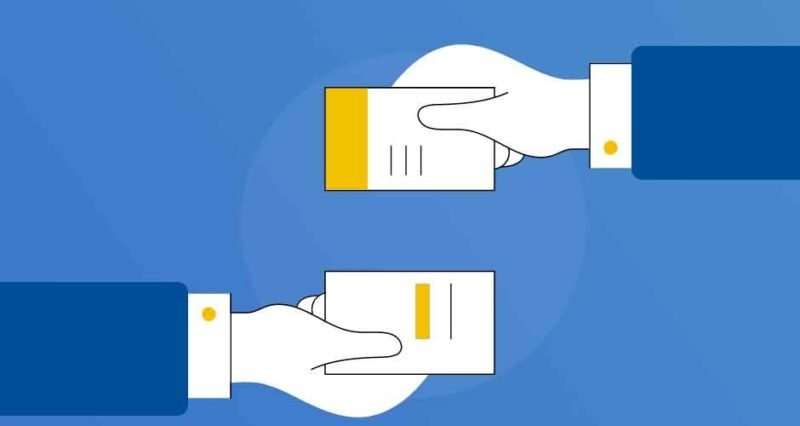
In an era dominated by digital communication, one might question the continued relevance of physical high-quality business cards. With smartphones and social media profiles readily available, some may argue that these small pieces of cardstock have become obsolete. However, a closer examination reveals that business cards continue to hold a significant place in professional networking and branding. Here’s why they remain a valuable tool in the business world.
Tangible Impressions in a Digital World
In a sea of emails and virtual introductions, physical interactions can be powerful. Exchanging business cards provides a tangible connection between individuals. It’s a personal touch which leaves a lasting impression in a way that digital exchanges often struggle to replicate.
Immediate Accessibility
Consider the practicality of a business card. It can be handed over in an instant, ensuring that your contact information is readily available even if the recipient’s phone battery dies or they’re in a location with limited connectivity. It’s a reliable backup in the digital age.
Professionalism and Preparedness
Being equipped with a business card signifies professionalism and preparedness. It demonstrates that you value face-to-face interactions and are ready to engage with potential clients or partners. This level of readiness can instil confidence and trust in your capabilities.
Memorable Branding
A well-designed business card is a potent branding tool. It allows you to showcase your logo, colours, and overall aesthetic. This visual representation creates a cohesive and memorable impression of your brand, making it easier for recipients to recall and recognise you in the future.
Personalised Communication
While digital platforms provide convenient means of communication, they can sometimes lack the personal touch. Handing someone a business card involves a direct exchange and a brief moment of connection. It’s a small gesture that can go a long way in building relationships.
Cultural Considerations
In some cultures, the exchange of business cards is a deeply ingrained ritual and a sign of respect. Neglecting to have a business card on hand can be perceived as a lack of understanding or even a sign of disrespect in certain professional settings.
Targeted Networking
When attending networking events or conferences, business cards are an invaluable tool for making connections. They allow you to efficiently share your contact information with numerous individuals in a short amount of time, increasing the potential for future collaborations.
Enhanced Legitimacy
Having a professionally designed business card lends credibility to your business. It conveys that you are established and serious about your endeavours. In contrast, relying solely on digital exchanges may give the impression of informality or even a lack of professionalism.
Multifaceted Marketing Tool
Business cards can serve multiple purposes beyond providing contact information. They can include QR codes linking to your website or portfolio, special offers, or even a brief description of your services. This versatility enhances their value as a marketing tool.
Lasting Impressions
A well-crafted business card can linger in a recipient’s wallet or on their desk long after a digital exchange might be forgotten. It serves as a physical reminder of the connection made, keeping you in their thoughts for potential future collaborations.
In Conclusion
Business cards continue to hold a significant role in professional networking and branding. Their tangible nature, immediate accessibility, and ability to leave a memorable impression make them a valuable asset in the digital age. While digital communication is undoubtedly essential, the enduring relevance of business cards highlights the importance of striking a balance between virtual and physical networking in the modern business world.

